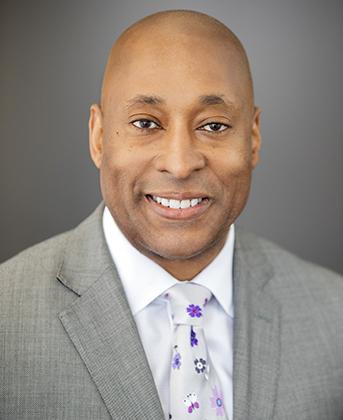
As COVID-19 cases continue to trend downward — 24 percent in the six-county HASC region over the last two weeks — we’re reminded that vaccines offer a proven pathway to continue this trend. While densely-populated Southern California communities with higher vaccination rates experienced fewer deaths per capita, the state’s rural regions were hit hard.
Despite vaccination disparities, all our hospitals endured significant hardship — particularly as it relates to workforce shortages. According to the U.S. Bureau of Labor Statistics, the health care workforce lost more than half a million workers since February 2020 and the country lost 8,000 hospital jobs in September alone.
HASC is committed to strengthening the health care workforce pipeline with our local and state partners. We recognize that meaningful work must start now. Long-term sustainable solutions won’t be realized overnight and will be a strategic focus for years to come.
This week, (Oct. 10-16) is Emergency Nurses Appreciation Week, a time to thank those nurses working on the front lines. This year’s theme is “grit,” and I couldn’t think of a more suitable characteristic to define our valued emergency nurses. This year and always, we appreciate the day-in, day-out dedication to keeping our communities safe and healthy.
This past summer, the Hospital Quality Institute (HQI) launched its newest initiative, HQI Cares, a fee-for-service program with the potential to transform each hospital’s approach to patient safety. It’s comprehensive, builds compassion, and recognizes that when adverse events occur, openness with patients and families about those events creates greater connections and opportunities for better care — and that, during those moments, caregivers need care, too.
The result of a partnership with BETA Healthcare Group and its BETA HEART® (healing, empathy, accountability, resolution, and trust) program, HQI Cares is grounded in one of the foundational principles of patient safety — the importance of transparency and honesty. The program helps health care workers commit to this vital work, but it also values those workers by teaching them how to have tough conversations, mentoring and supporting them along the way. HQI Cares lifts them up in the very difficult work they do.
Hospitals engaged in HQI Cares first get a gap analysis, then workshops, and finally customized plans to help them identify the tools and training needed to begin to shift their quality and patient safety culture, with five main focus areas:
- Developing accountable and reliable systems that support provision of safe care.
- Supporting and valuing all members of the health care delivery team.
- Developing empathic and clinically appropriate processes that support both patients and clinicians after an adverse event.
- Developing mechanisms for early, ethical resolution of harm caused by medical error or inappropriate care.
- Instilling trust between clinicians and patients.
I believe HQI Cares is a proven, evidence-based program that can deliver multiple benefits to your organizations, facilities, employees and patients. HASC and its members have always been dedicated to patient safety and have led the way with HQI for some years now.
We look forward to supporting its work for years to come.
George G.
